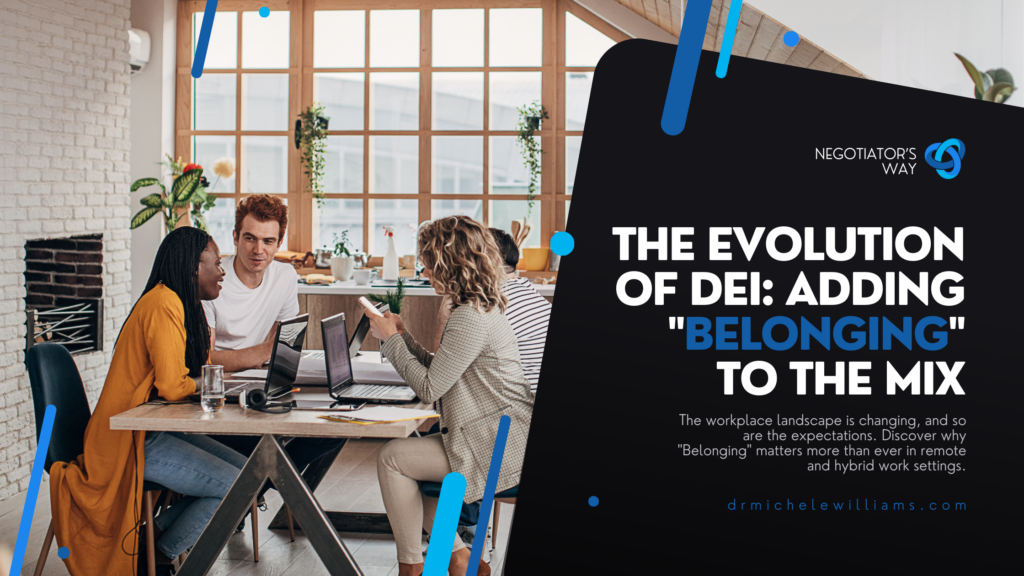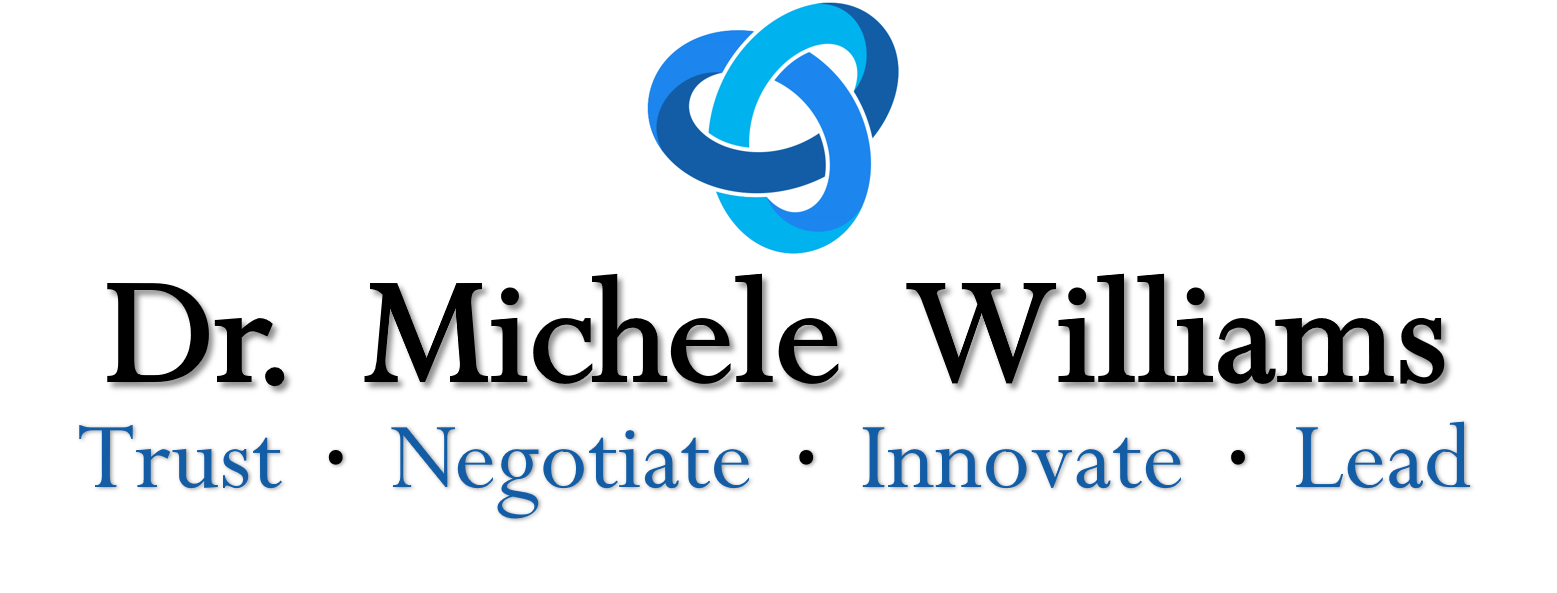The Evolution of DEI: Adding “Belonging” to the Mix

In a recent episode of “River to River” from IPR news, host Ben Kieffer sat down with Michele Williams, an Associate Professor of Management and Entrepreneurship at the University of Iowa, to discuss the evolution of Diversity, Equity, and Inclusion (DEI) in the corporate world. The conversation delved deep into the addition of a new term to the DEI acronym: “Belonging.”
THE RISE OF DEI

The tragic murder of George Floyd in 2020 led to a significant surge in the Black Lives Matter movement and a heightened interest in creating more inclusive workplaces. Companies began to recognize the importance of addressing systemic racism and power imbalances that often left employees of color feeling excluded. The acronym DEI, representing Diversity, Equity, and Inclusion, became a frequent term in corporate discussions.
Williams emphasized that the push for DEI wasn’t just a moral imperative. There was a clear business case. Research showed that companies with more diverse boards performed better. Diverse teams, when working harmoniously, were more adept at handling complex problems, especially in unpredictable situations like the pandemic.
THE INTRODUCTION OF "BELONGING"

While DEI has become more mainstream, the term “Belonging” is now being added to the mix. Williams explained that belonging takes the concept of inclusion a step further. It’s not just about being treated respectfully; it’s about feeling secure, supported, and truly accepted within an organization.
Drawing a relatable analogy, Williams mentioned how one might feel out of place at a party if overdressed or underdressed. Similarly, employees might feel uncomfortable in their workplace due to various reasons, hindering their ability to be creative, innovative, and take risks. A sense of belonging can alleviate these feelings.
THE ROLE OF A CHIEF BELONGING OFFICER

Interestingly, some companies, including retail giant Walmart, have introduced roles like “Chief of Belonging Officer.” Such roles focus on improving communication, fostering a culture of experimentation, and promoting dialogue to enhance decision-making quality.
ADDRESSING THE CRITICS

However, the “belonging” movement isn’t without its critics. Some argue that it’s more about making white employees comfortable rather than genuinely addressing systemic inequalities. Williams acknowledged this criticism, emphasizing that each organization needs to approach the concept differently and ensure that the focus remains on creating a genuinely inclusive environment.
THE IMPORTANCE OF INTERPERSONAL SENSITIVITY

Towards the end of the conversation, the topic of “interpersonal sensitivity” came up. Williams described it as treating others with respect and empathy. While traditionally considered a “soft skill,” it’s becoming increasingly recognized as crucial for effective teamwork and collaboration.
IN CONCLUSION
The conversation between Kieffer and Williams sheds light on the evolving landscape of corporate inclusivity. As companies continue to recognize the importance of not just diversity but genuine inclusion and belonging, it’s clear that the journey towards more inclusive workplaces is far from over.
